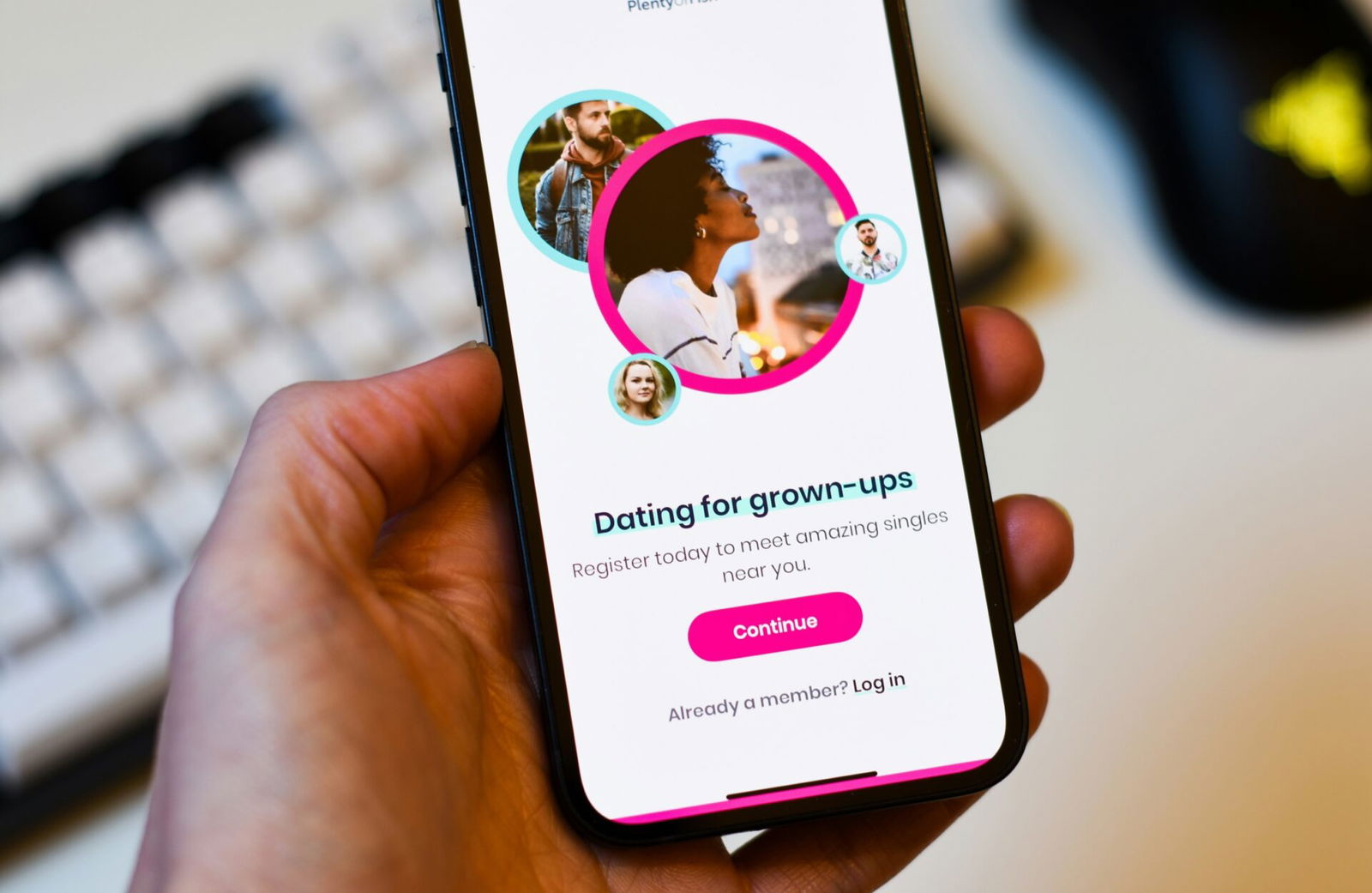
September 21, 2024
Cupid’s Digital Bias: Why Dating Apps Leave More Black Singles Matchless
As more singles look for love online, research is showing the disparities Black singles face compared to their counterparts.
As more singles look for love online, research is showing the disparities Black and Asian singles face over their counterparts.
A 2024 study revealed that Black Tinder users received fewer likes than their white counterparts. Data has also shown that Asian men, along with Black women and men, are receiving lower rankings than all other groups on apps like OkCupid.
The findings show how dating apps enable people to quickly filter out those who are different from themselves. It ties to age-old matchmaking norms where singles met through friends or family.
“How couples meet ends up being this incredibly primary battlefield to the reinforcement of a distinction of racial, ethnic, and social class groups,” Reuben Thomas, a sociologist at the University of New Mexico, told Faith Hill of The Atlantic. “As isolating as apps can be, they are “a huge threat to those boundaries.”
Those bold enough to embrace anonymity use filters to avoid seeing people of certain races, while unconscious biases often influence who they choose to swipe right on. Jennifer Lundquist, a University of Massachusetts at Amherst sociologist, says sifting through countless options in a dating app can cause people to rely on snap judgments—often based on stereotypes—that they might not use when getting to know someone face-to-face.
Research also shows that app algorithms, which remain partially undisclosed, tend to pair users primarily based on shared traits. However, dating apps offer a greater chance for people to connect with others who are different from themselves.
“Very few people have truly diverse networks that really match the kind of diversity you would see” on a dating app, Reuben Thomas, a sociologist at the University of New Mexico, said.
Luke Brunning, a lecturer at the University of Leeds, suggests removing barriers to encourage people from different backgrounds to interact and engage with each other.
“Having people taking the same forms of public transport and using the same parks or the same swimming pools, same public facilities, it’s not going to integrate society overnight,” Brunning said. “But it will have a kind of gradual positive impact that it definitely wouldn’t have if things were different.”
A model developed by researchers Josue Ortega and Philipp Hergovich predicted that simply increasing exposure between people of different races leads to a rise in interracial marriages. Gina Potarca, a lecturer at the University of Liverpool, said this reflects the numerous studies where participants express appreciation for the “opening of social possibilities” that dating apps offer.
RELATED CONTENT: It’s Time To Have The Money Talk With Your Partner